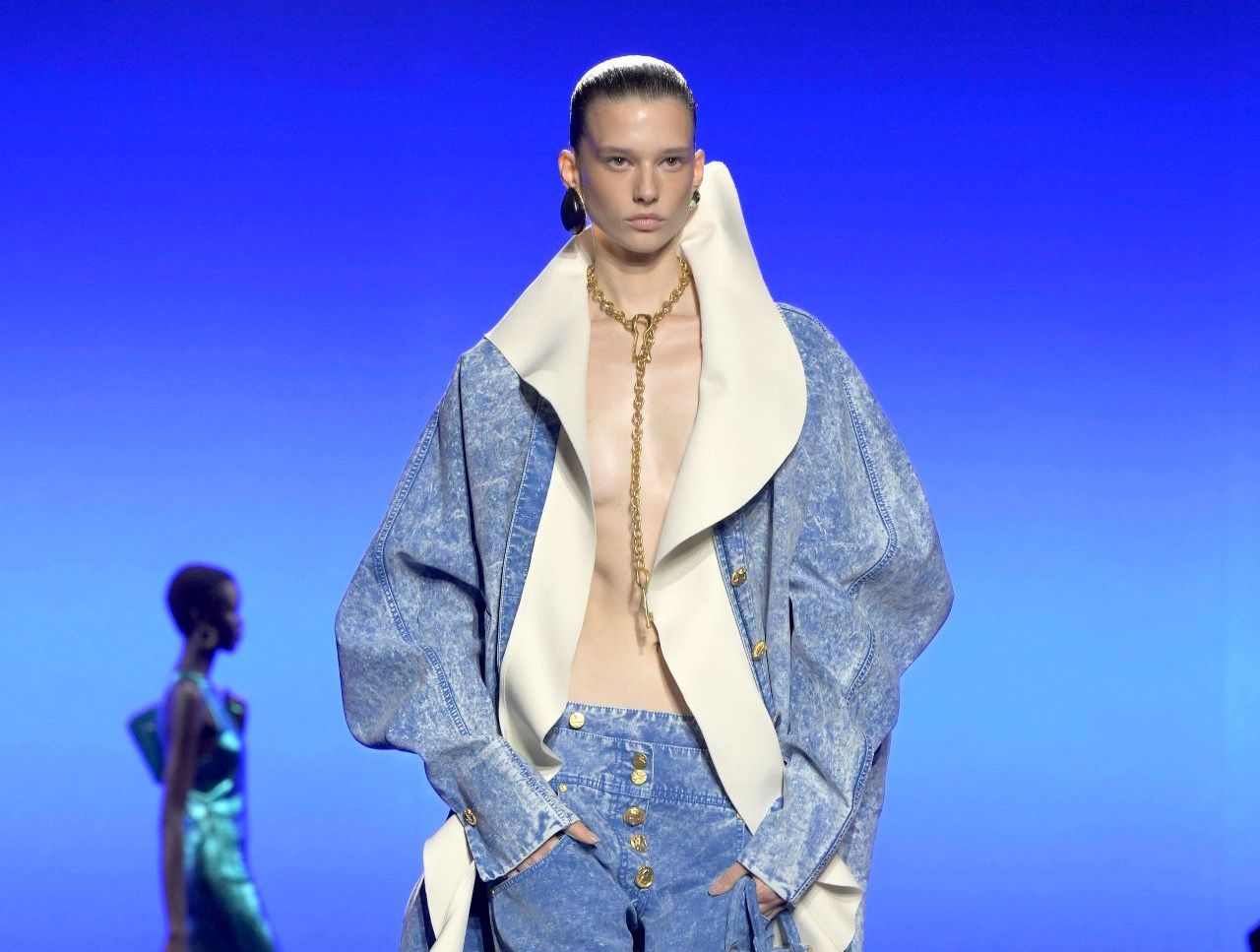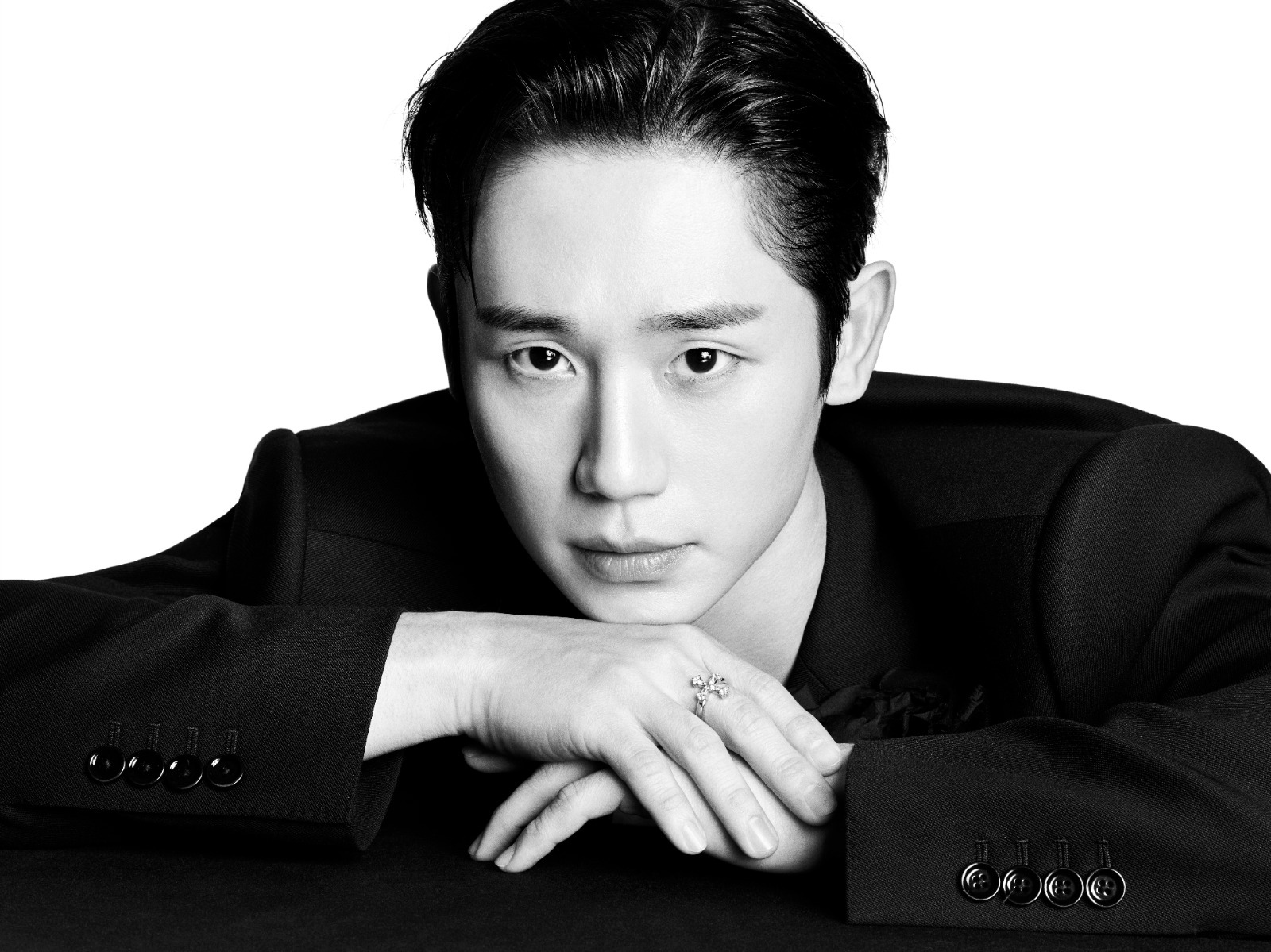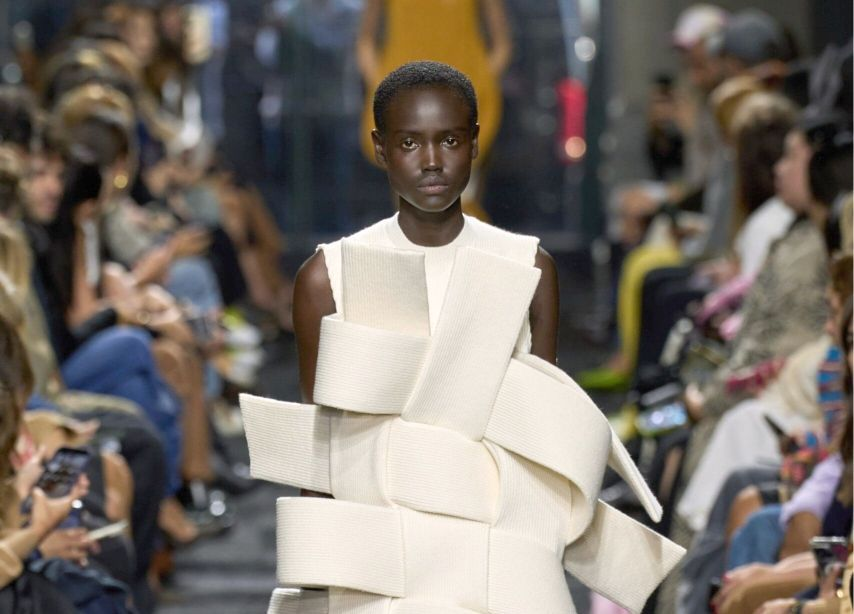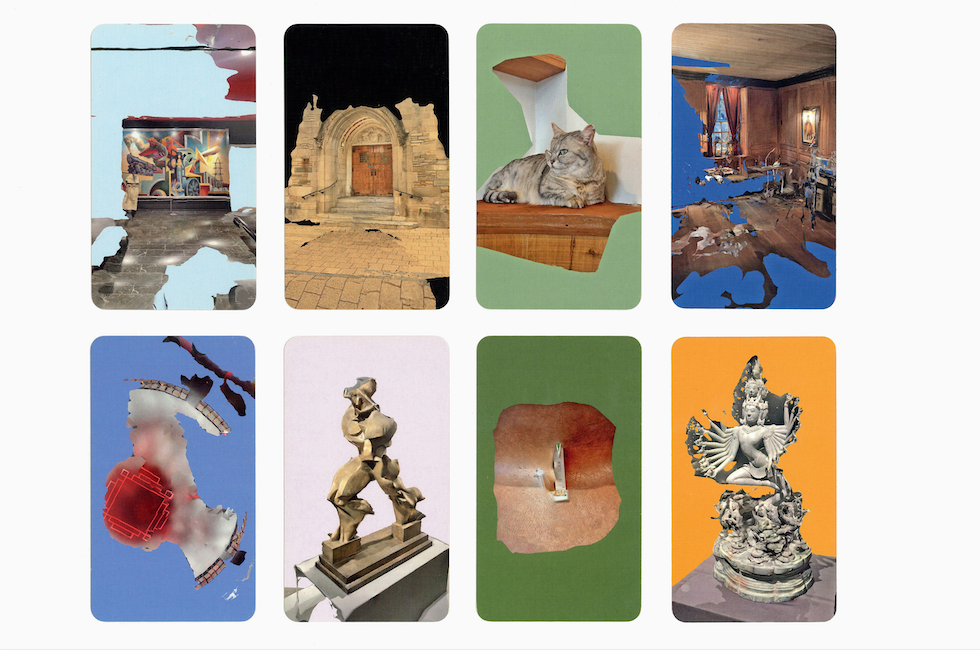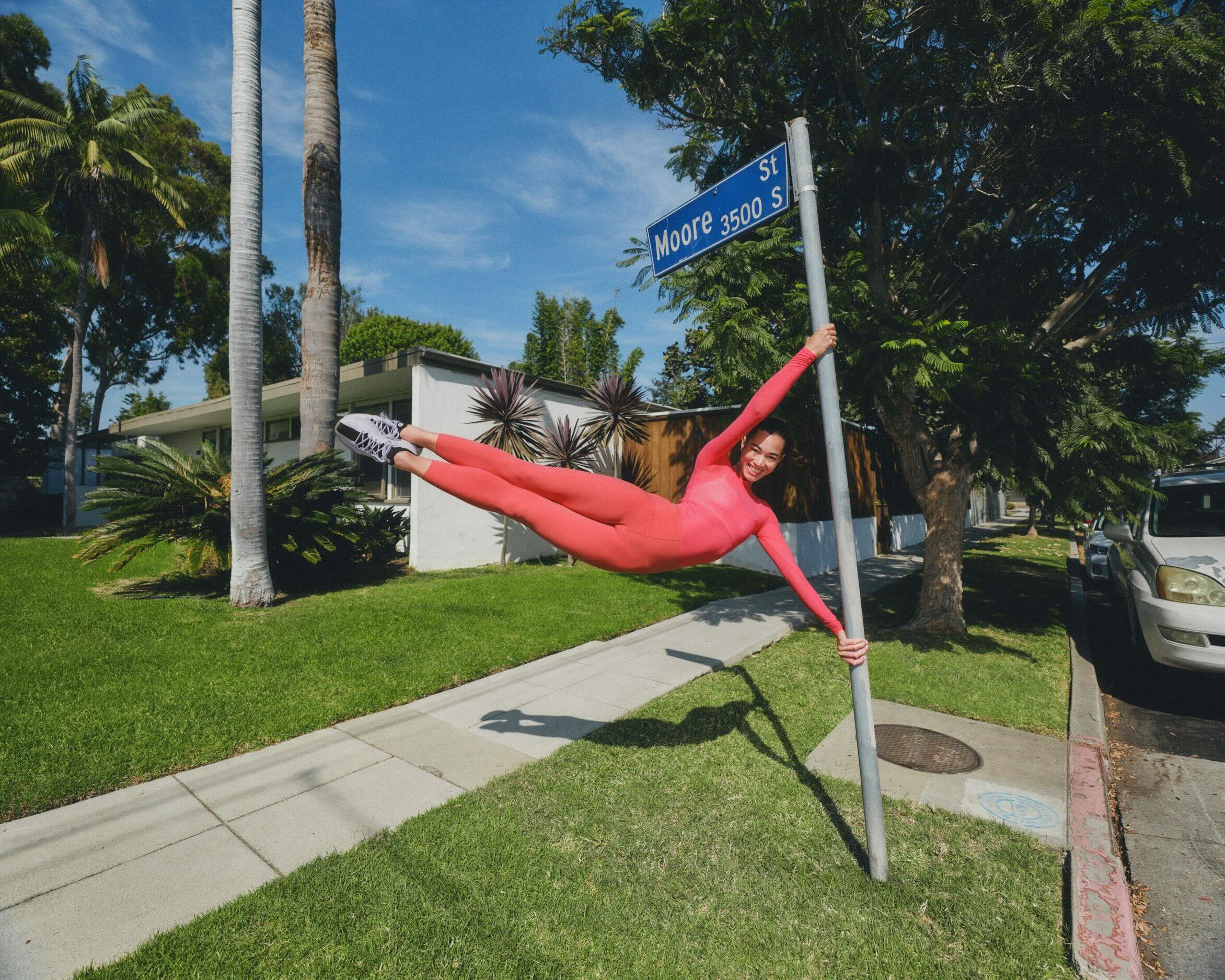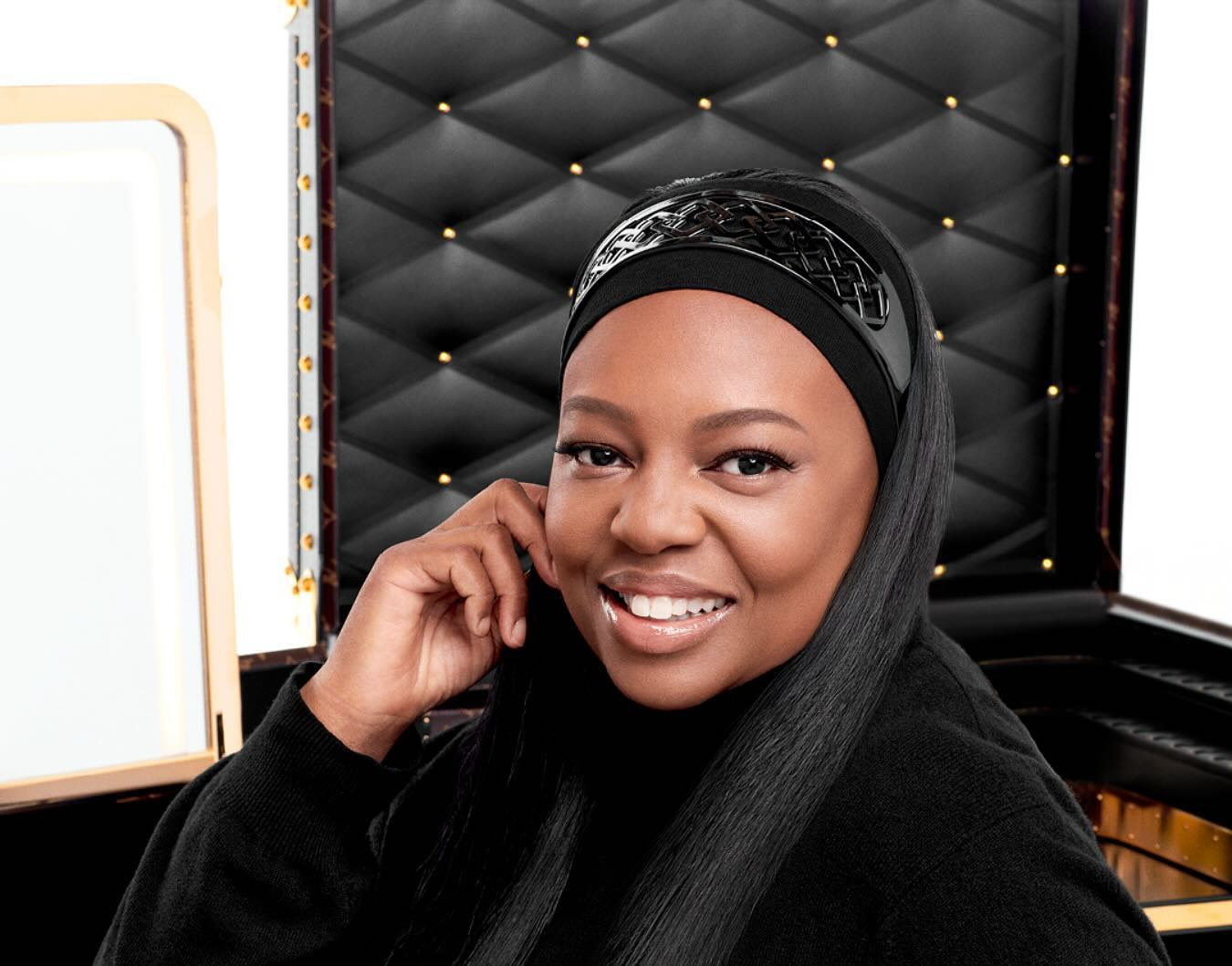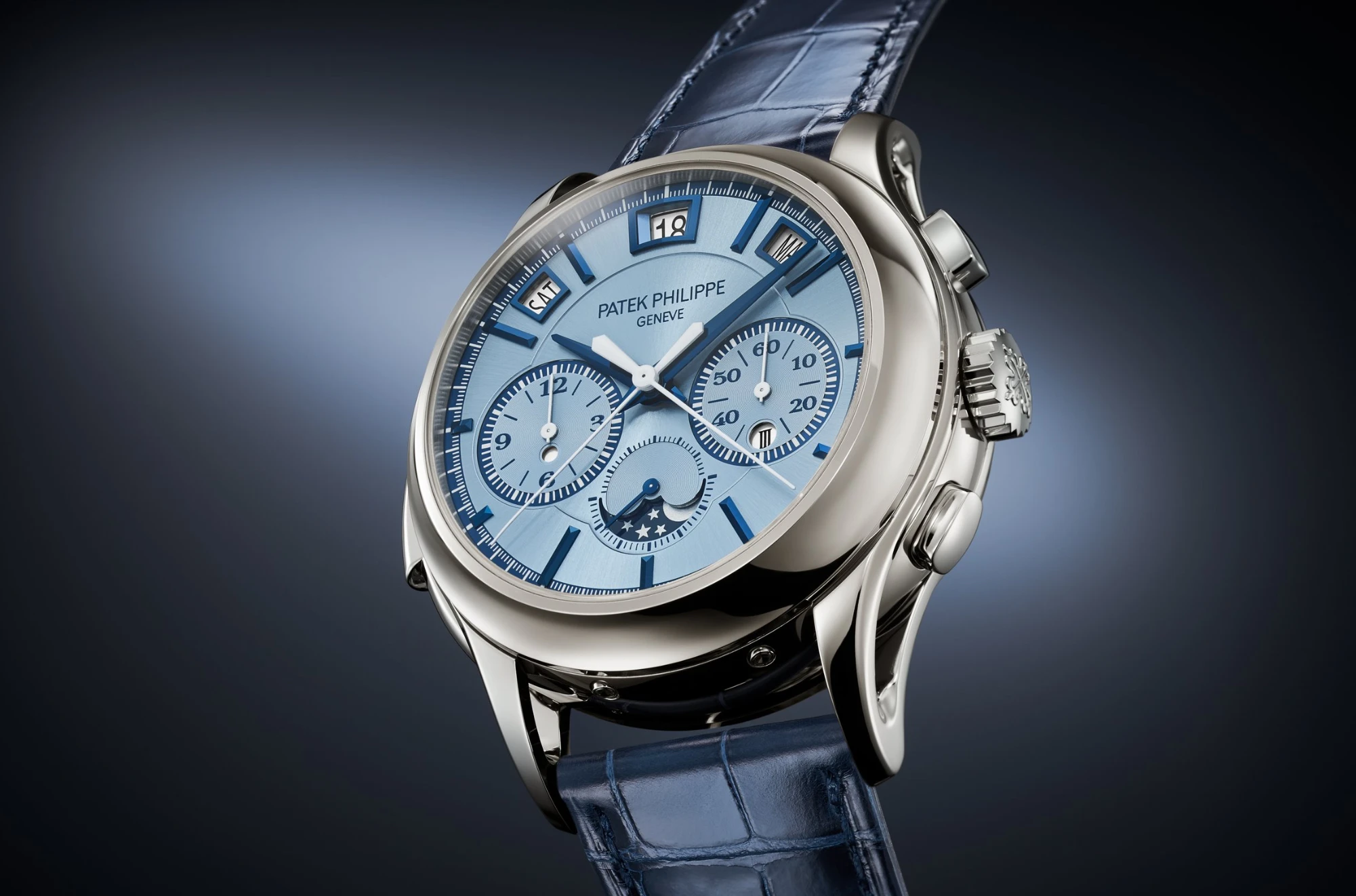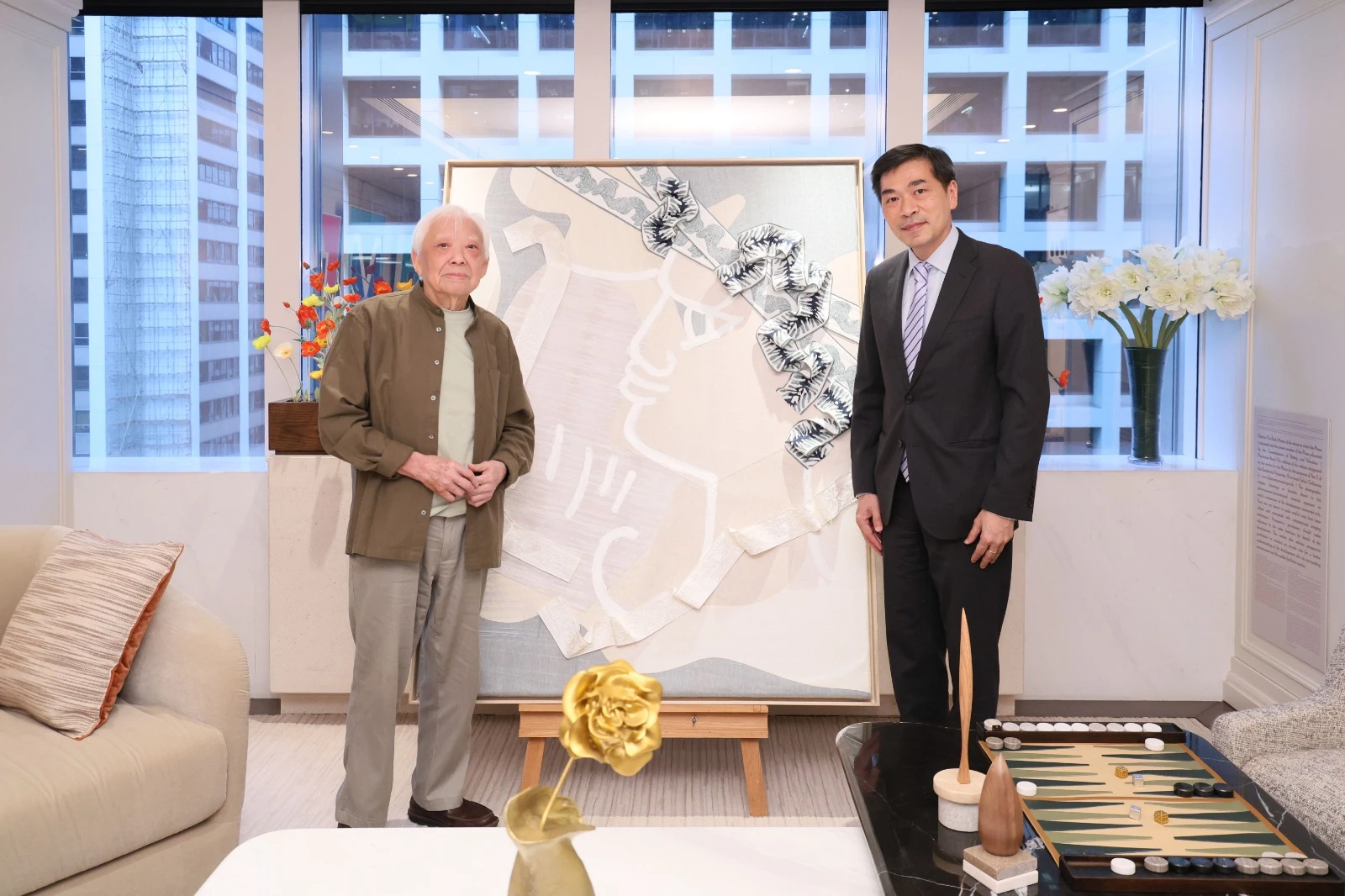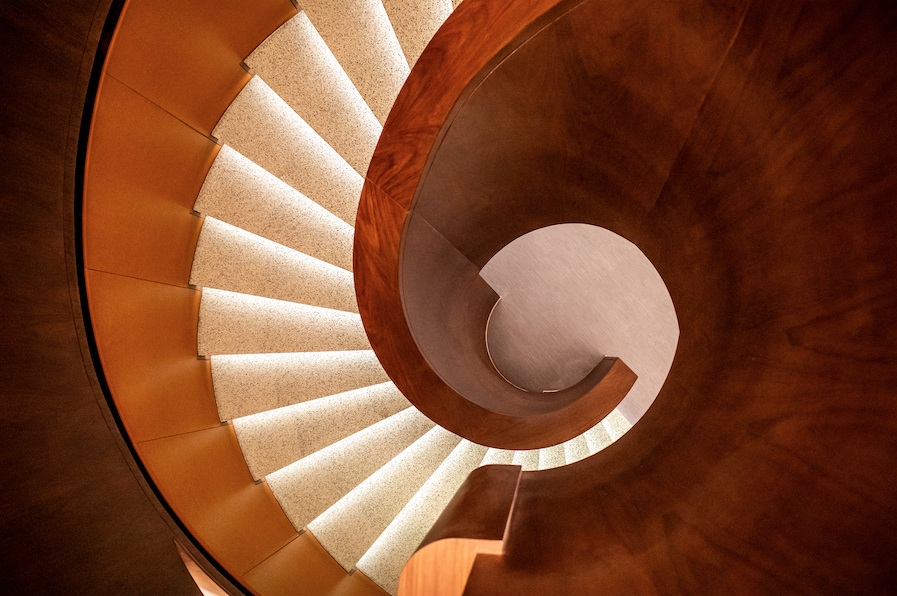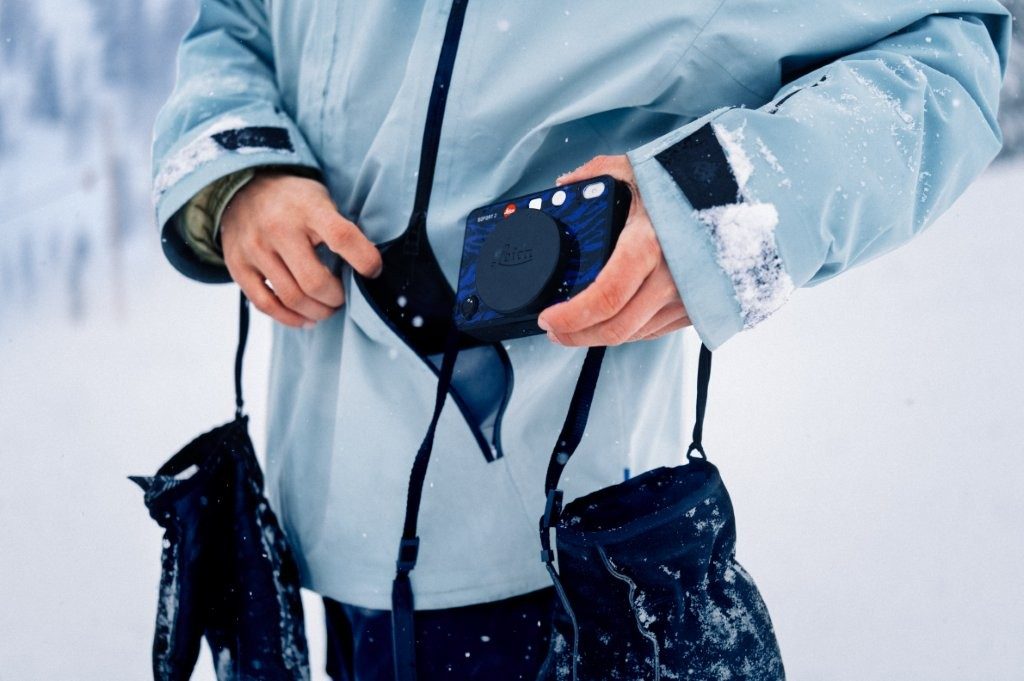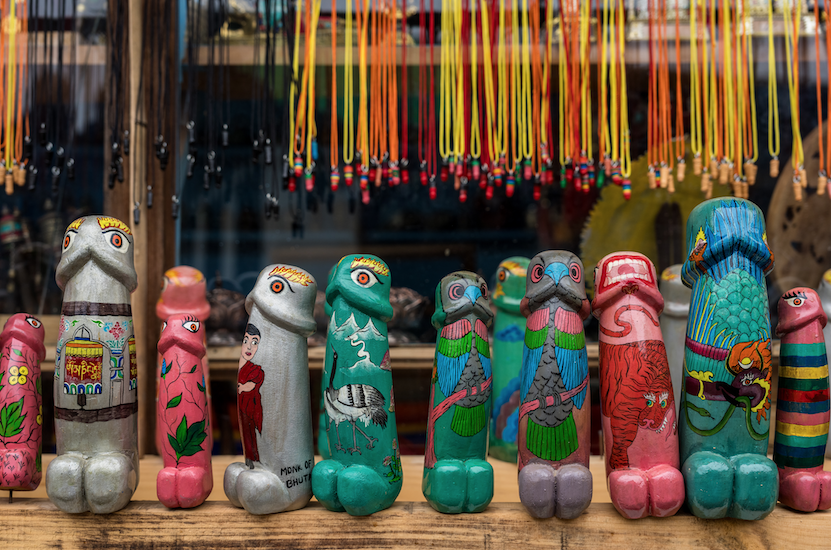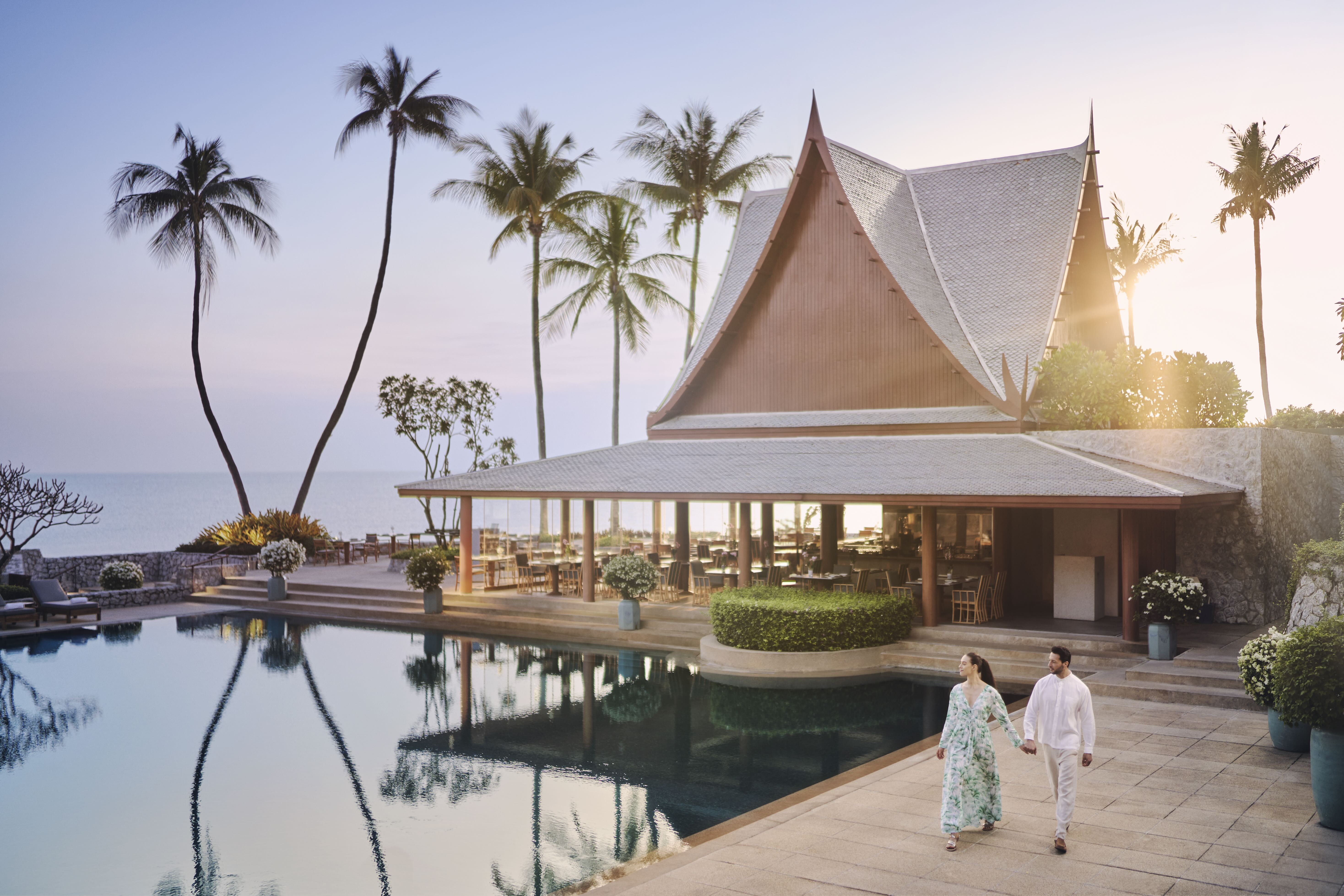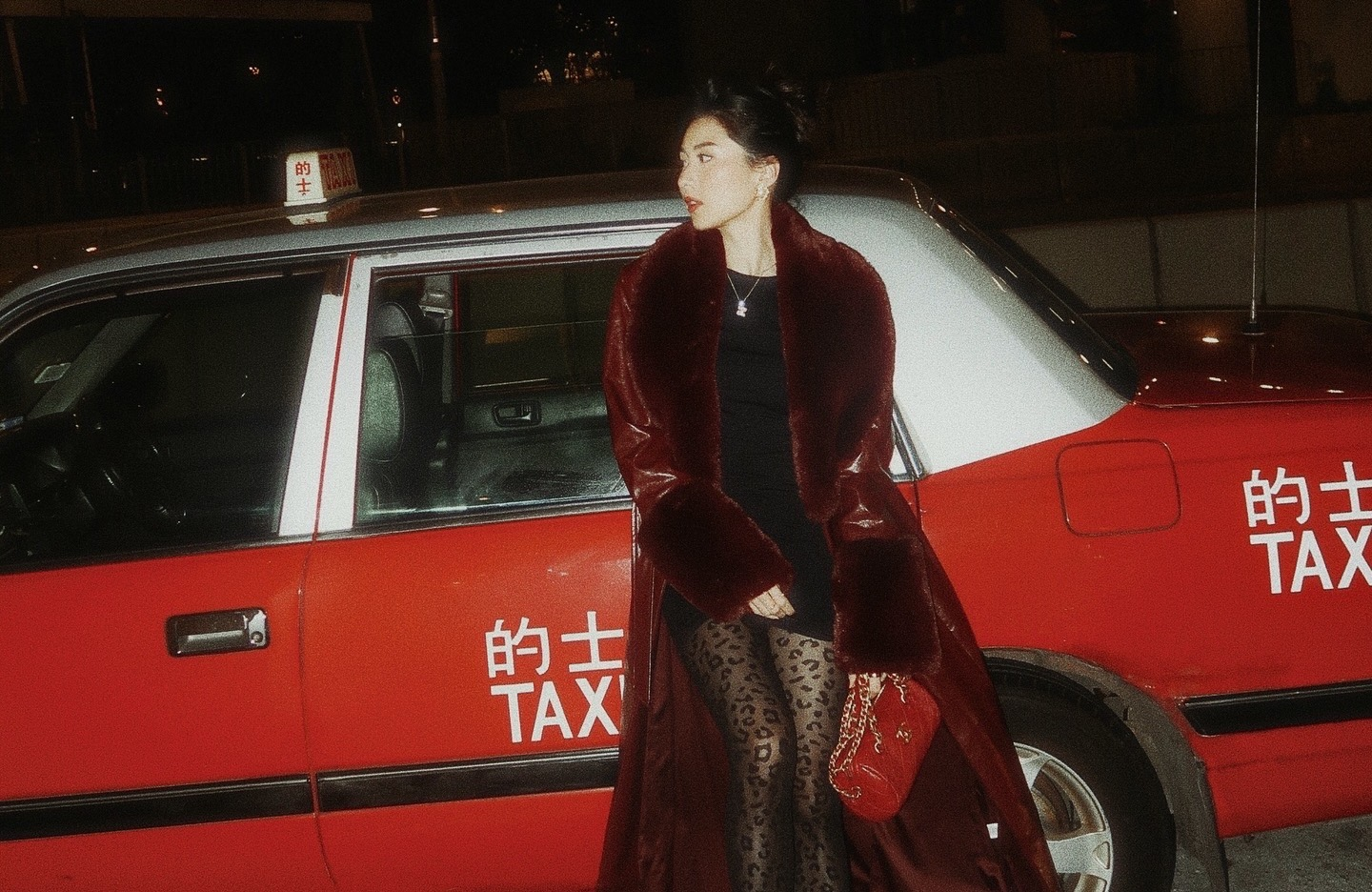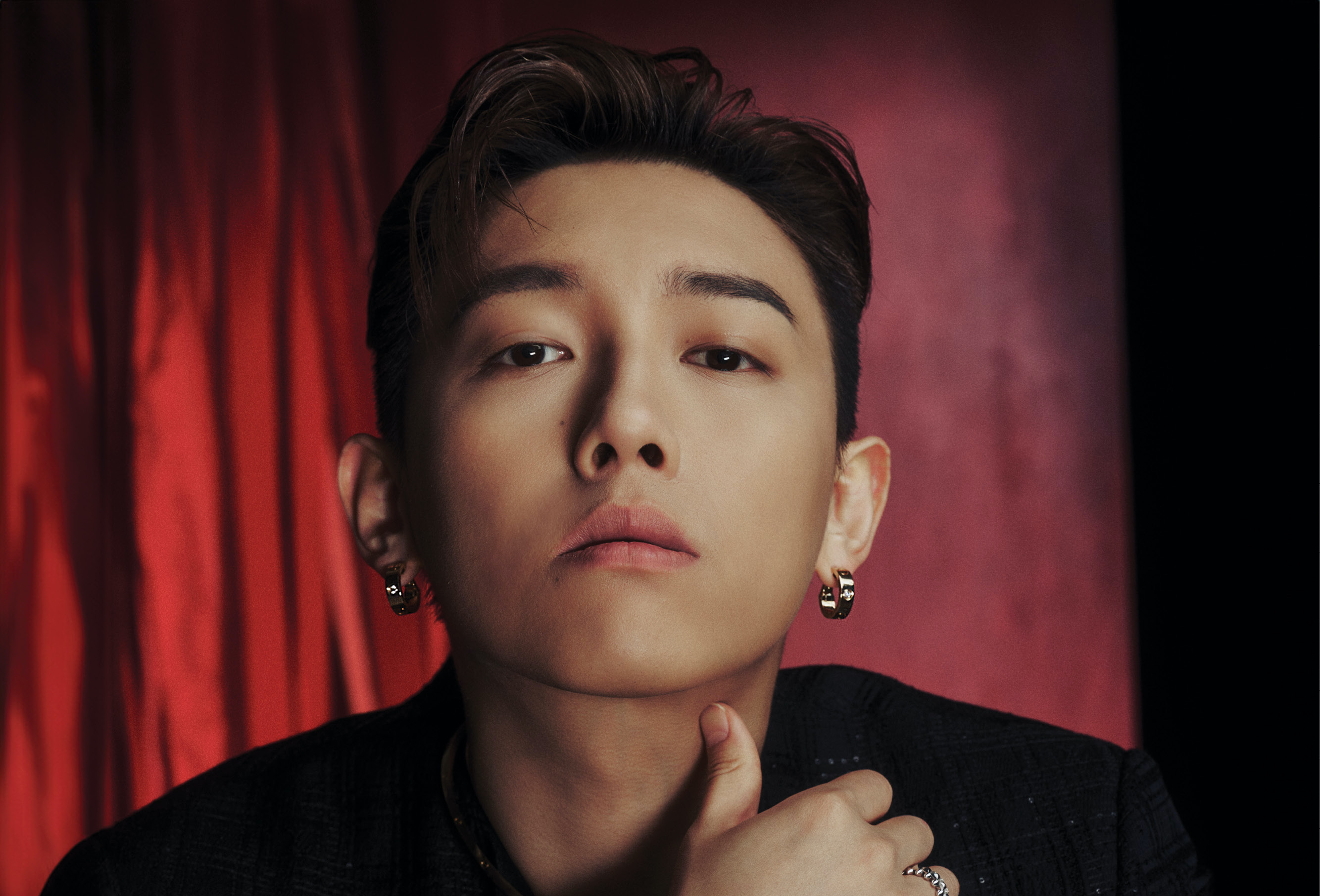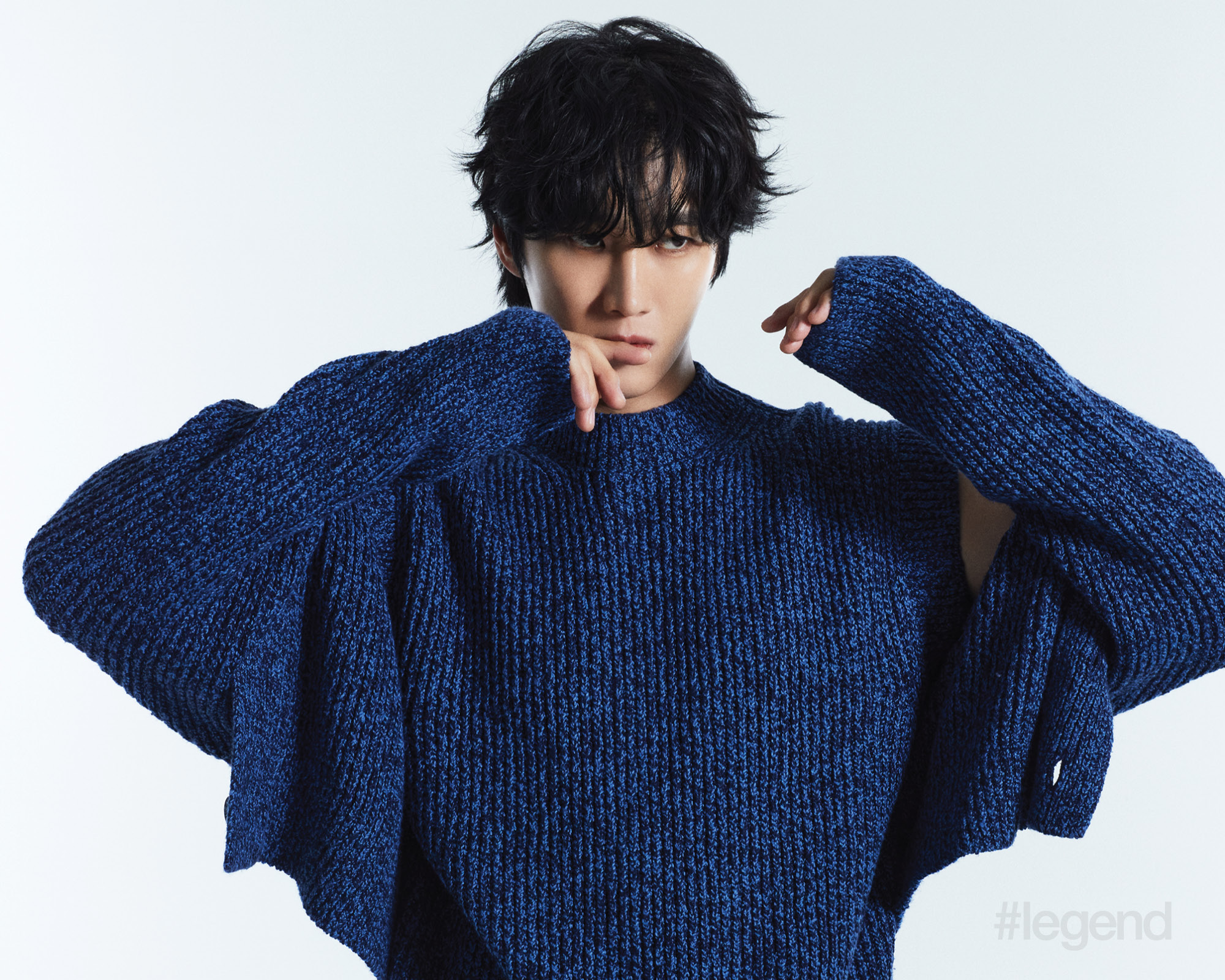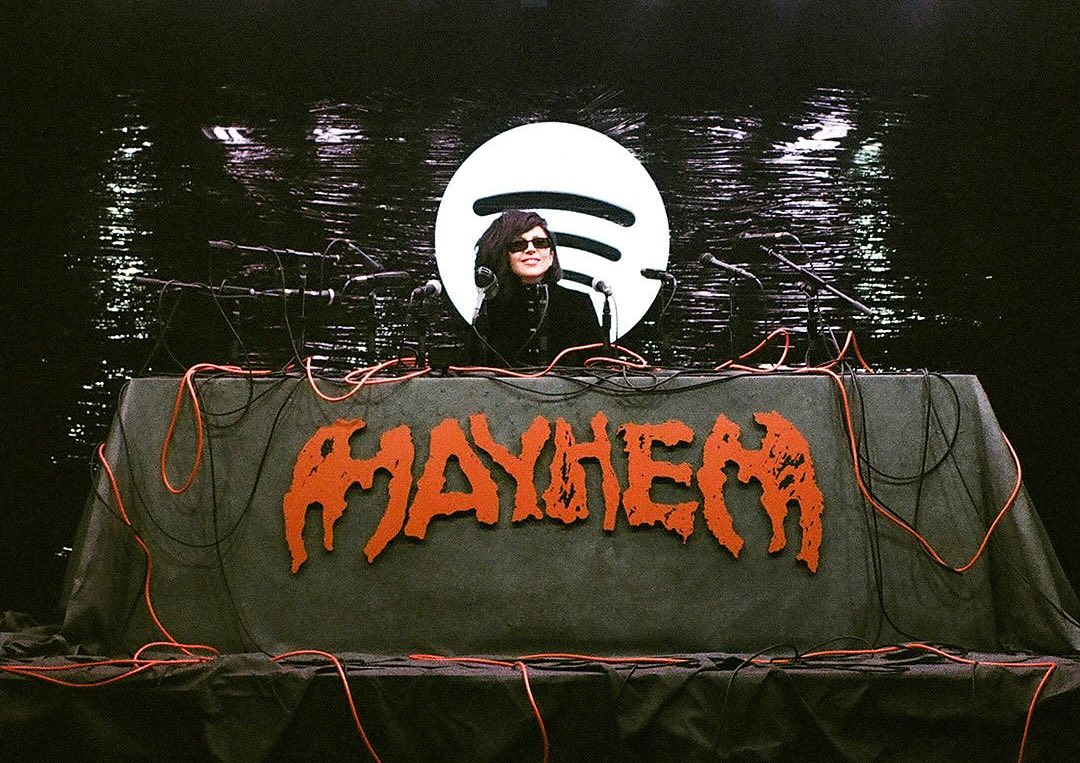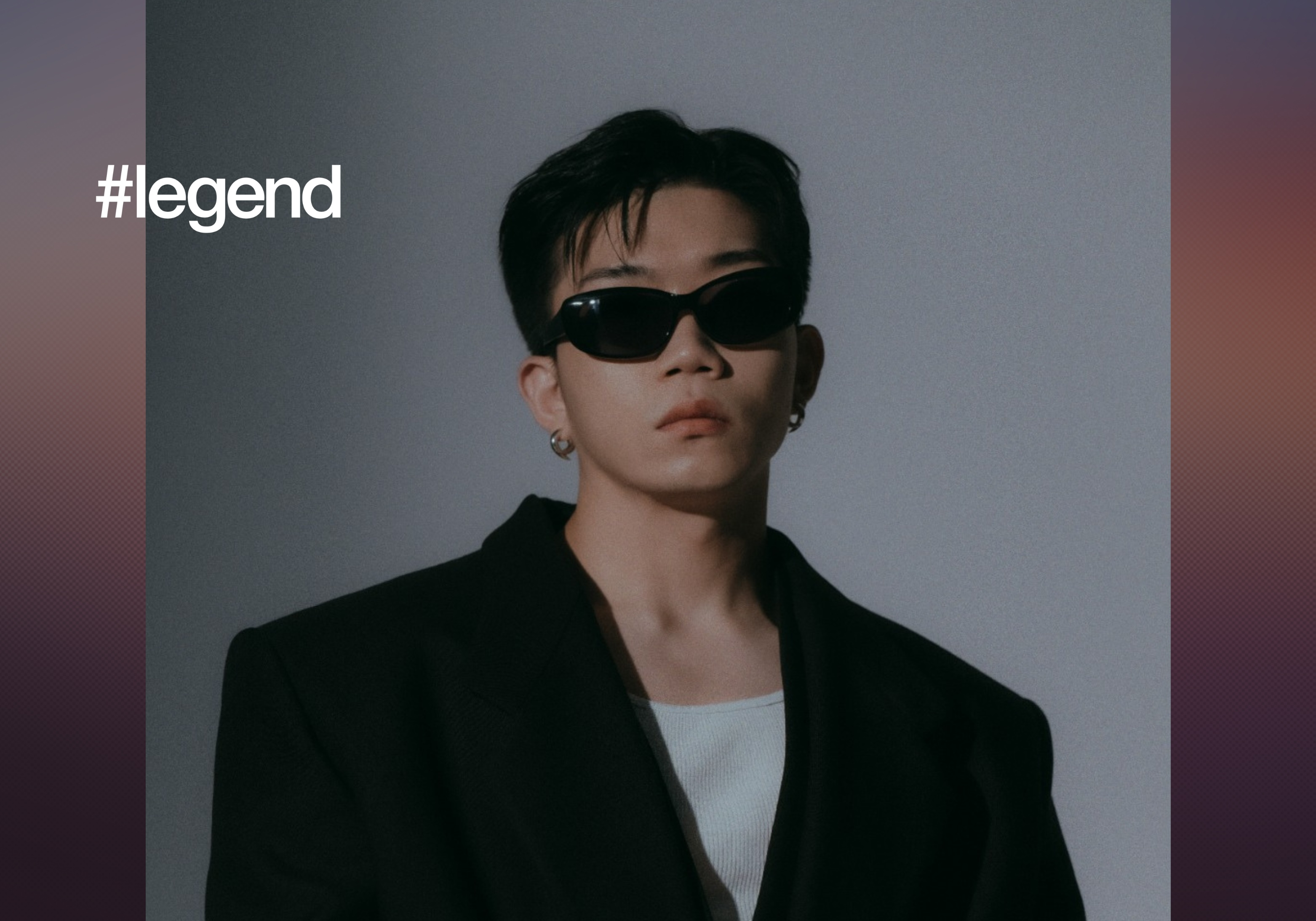Comedian Jordan Leung on the path to stand-up success
Aug 26, 2024
In the four years since he moved back from the US, Jordan Leung, aka @69ranch, has gone from struggling to find consistent bookings to embarking on his first world tour. Following the success of his closing show in Hong Kong, the homegrown comedian talks to Stephenie Gee about his journey getting here and why consistency is key
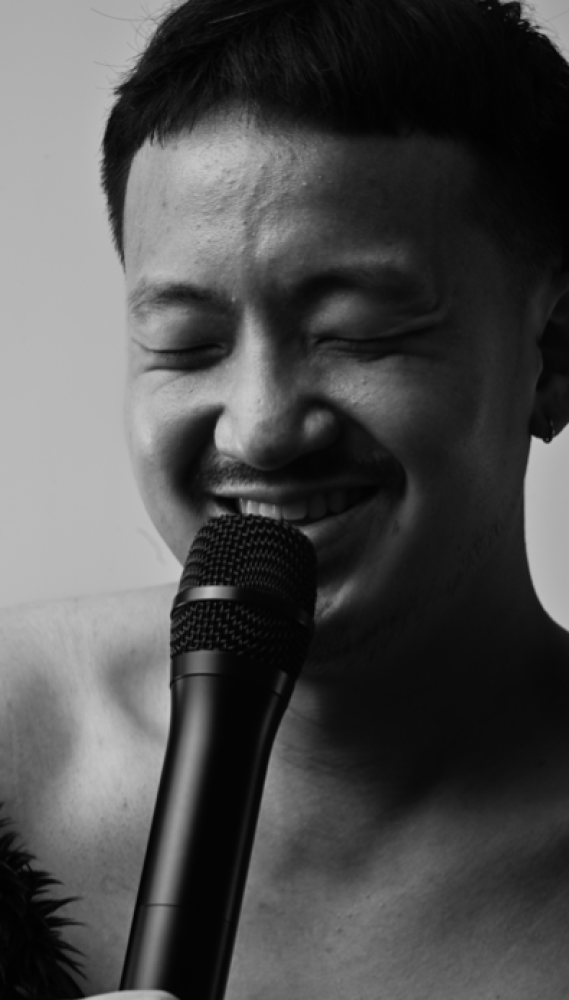
Who are your current inspirations? Any comedians you look up to?
I watch very little stand-up these days – I think the way we consume media means I would rarely watch a one-hour comedy special on Netflix. The past few months I’ve seen Jason Cheny, Atsuko and Sheng Wang in person, and they’re all very funny and nice people. When I’m scrolling Instagram Reels, I’ll always watch a Joe List, Jordan Jensen or Caitlin Peluffo clip. I don’t necessarily
“look up” to these but I really enjoy and respect their work.
What drew you to comedy in the first place and what do you love about it?
I moved to New York and it was my first time moving to a new city completely on my own, so I wanted to challenge myself and step outside my comfort zone. After I did my first show, I knew this was something I wanted to do for the rest of my life.
If you asked me five years ago what I love about doing comedy, I’d say something about making people happy and doing something I’m passionate about. I’m a bit jaded now that I’ve been doing it for seven years, so right now I’d say not having to go to an office job and having the flexibility to do (mostly) whatever I want is my favourite thing about being a full-time comedian.
What do you strive to offer the audience in a stand-up show?
A lot of times when people watch me (especially in Hong Kong) it’s their first time ever watching a stand-up comedy show, so I want to make a good impression on them and make sure they enjoy the show.
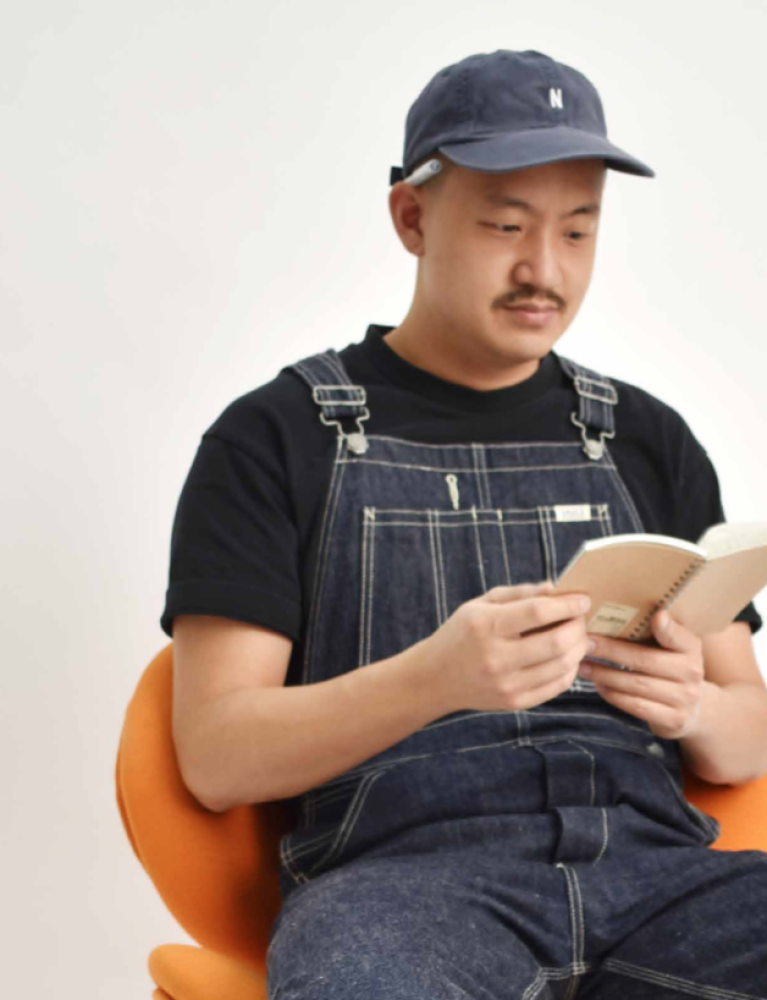
Tell us about your Low Energy World Tour. Any highlights? Challenges?
It was very surreal. Every time I fly out of Hong Kong to tour I think about how when I came back to Hong Kong in 2020, I didn’t really have any expectations for myself when I was on that flight. To be able to tour internationally is a level that most comedians never get to, so I feel very blessed to be in this position.
The highlight was meeting fans from across the world – most of my audience are Hong Kong people who live abroad so there’s a special connection and appreciation when they see someone from Hong Kong performing in their country. I met some fans that I recognise from Instagram who have been following me for years and they tell me how excited they are that they finally get to see me. It’s pretty cool.
The biggest challenge is having to live out of one suitcase for a few months and dealing with jet lag. Sometimes I’d be extremely tired at noon but I didn’t want risk oversleeping so some of my shows I did half-asleep. I don’t think people could tell because that’s how I usually sound anyway.
You do both Cantonese and English stand-ups – is there one you find more challenging? And do the jokes or your delivery style change?
They’re challenging in different ways. In a way, Cantonese is easier because there’s less competition (I’m probably a top 10 Cantonese stand-up comedian of all time, but in English I might be like top 30,000 all-time) and because the audience is more specific, I can lean in to more niche references. However, I’m not as good at Cantonese so sometimes my jokes are limited by my language ability. I’m technically a better performer and joke writer in English, but because English and international audiences can vary so widely I sometimes struggle with what jokes to tell. Some jokes I do in both languages, but some make more sense in a certain language because of the language or cultural context.
Where do you usually draw inspiration from for your script and jokes?
Just regular daily life. I find that it helps to disrupt your routine because I tend to be more observant in unfamiliar surroundings.
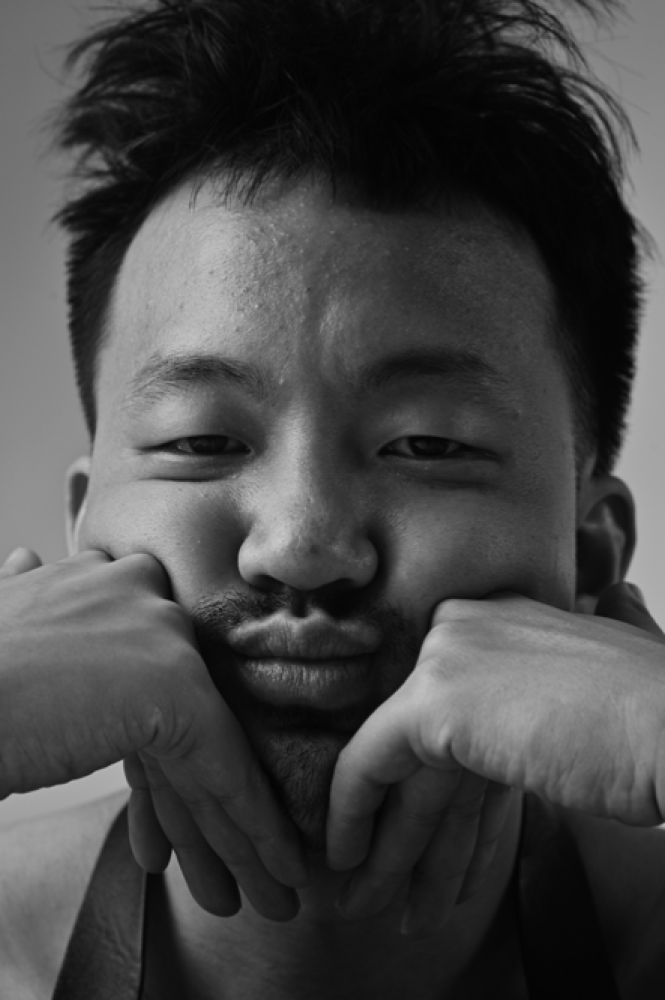
You tell a lot of Asian jokes – how do you make sure that you’re not self-deprecating or perpetuating Asian stereotypes when you do it?
When I started doing comedy in the US, I told almost all Asian jokes because racial identity was such a big part of living there. I think back then when I told Asian jokes they were very broad Asian/East Asian generalisations to cater to American audiences’ limited knowledge of Asian culture. Now, when I tell jokes about Asian topics, I find I can be more specific to certain Asian countries or culture. For example, I’ve done shows in Singapore, Malaysia, Taiwan and the Philippines, and I try to work in some references when I visit these countries.
Looking back, how has your style, delivery and so on changed? What would be an important
lesson you’ve learned over the years?
When I first started I experimented a lot with my style, but around two to three years in, I found my natural voice to be my most comfortable and genuine performing style. If I had some advice I would give to my past self and anyone who is pursuing anything – consistency is the most important thing. I don’t think I ever worked that hard in my career in the sense that I didn’t “hustle” or “grind” or lose sleep over comedy. But I gave a consistent 70 percent effort every single week for the past seven years. A consistent effort takes you way further than spurts of motivation followed by periods of inactivity.
What would be the most memorable show in your career so far, and why?
No matter what venues and shows I do in the future, my most memorable still has to be my show at the Hong Kong Academy for Performing Arts. That was my first show at a theatre, and it was a considerable jump from anything I’d ever done before. It was also the first time my parents watched me do stand-up comedy, and they both told me they were proud of me the day after… which is insane for Hong Kong parents.
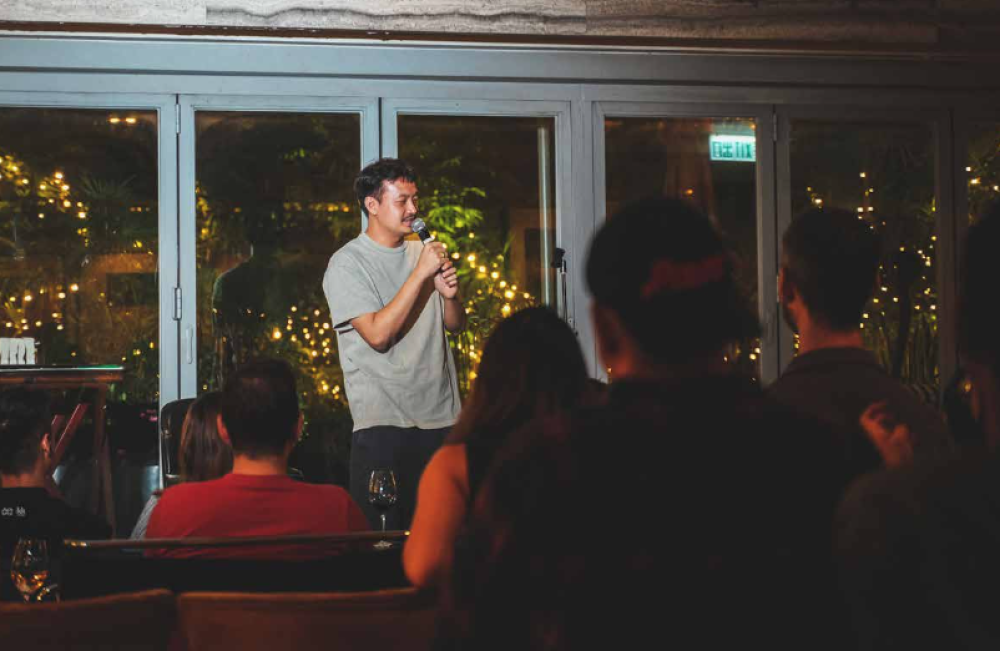
People love your work online too – Reels, memes, posts etc – what influence does the Internet have on your career?
I admit I’m quite self-obsessed so social media engagement does make me feel validated and motivates me to do more. Sometimes I struggle to balance between making content that I know is engaging versus content that I personally like and know won’t get much engagement. But overall I’m quite content. To be any sort of “public figure” these days, social media is part of the package so I’m appreciative that people like me online.
What trends have you observed in the comedy industry in Hong Kong?
There are definitely more people doing stand-up comedy now. I want to say it’s because of me, but it’s because of an increase in stand-up comedy in other Chinese-speaking markets. Despite growing interest in Hong Kong, it takes a while for skill to develop – sometimes people think I grew really fast in Hong Kong, but if I didn’t spend three years doing comedy in the US I wouldn’t be close to where I am today.
What would be your advice for young comedians starting out?
You need to consistently be getting up on stage and writing jokes – there’s absolutely no way around this part. A lot of new comedians are also very quick to put up clips online to chase that viral clip, but until you’re already a consistent, reliable performer, I think you’re much better off working on improving your performance skills instead of focusing on social media.
What’s next for you?
Hong Kong Coliseum will always be a target and milestone for any Hong Kong performer so that’s a goal. I’m also exploring different fields outside of comedy such as film so I’ve been taking some acting classes. Then maybe another tour next year.
Also see: A quick and demure guide to the trending Internet buzzwords


